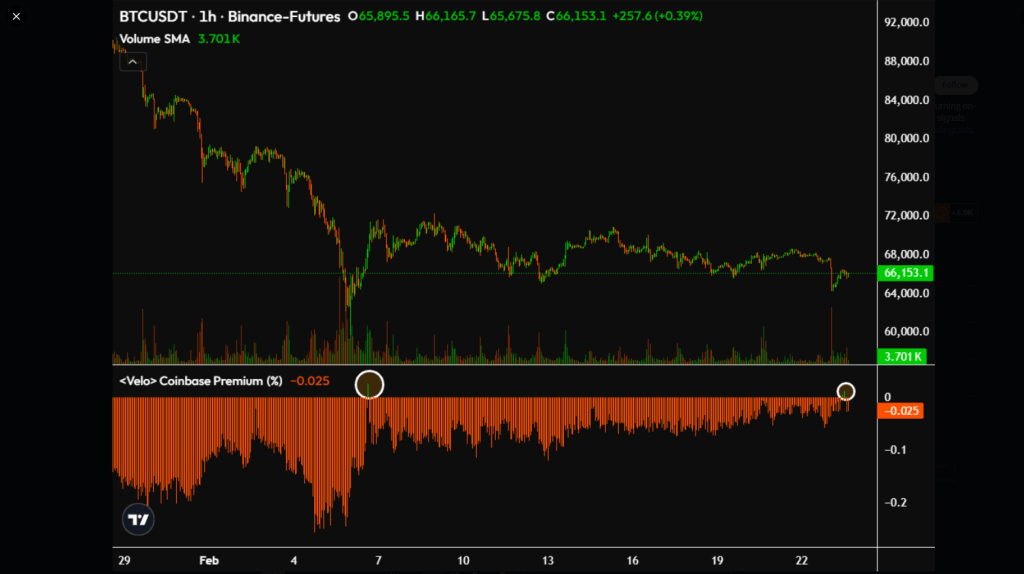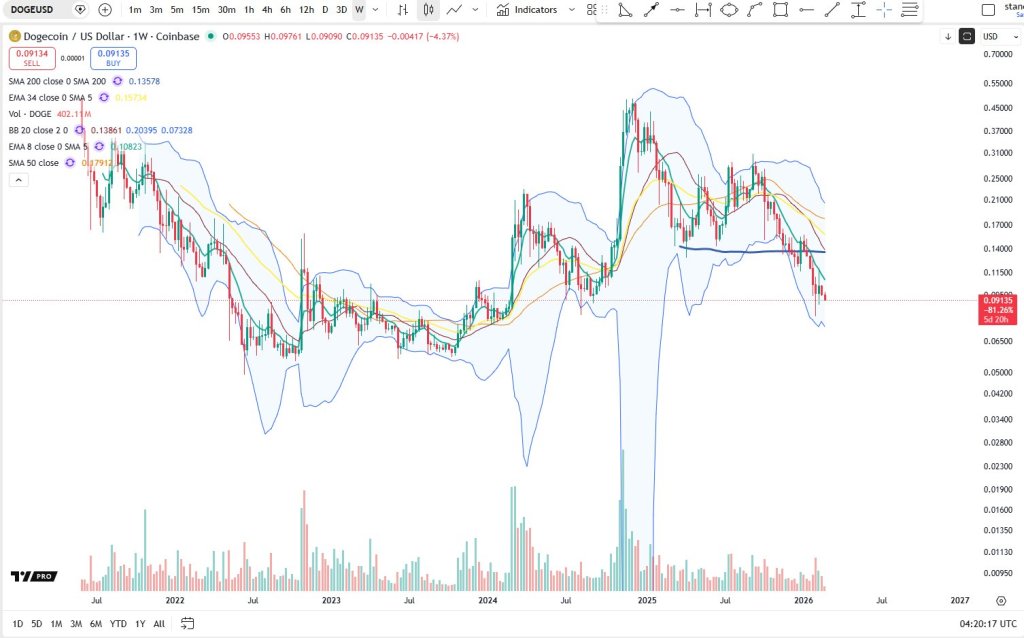
Blockchain Diamond Consortium Becomes A Popular Idea In The Chinese Diamond Market
The diamond industry has witnessed a transformative decade, with significant shifts in both domestic and international markets. From changing market shares to evolving consumer preferences, China has emerged as a key player in the global diamond market. This blog delves into the intricate details of China’s diamond industry, exploring market dynamics, manufacturing growth, e-commerce integration, and the rising influence of millennial buyers.
The Global Shift in Diamond Market Dynamics
The diamond market has undergone substantial changes over the last decade. Once dominated by a few key players, the global supply chain is now more diversified and competitive. The evolving structure of the upstream diamond market has created more opportunities and stability across the global industry.
De Beers’ Decline and the Rise of New Diamond Suppliers
De Beers, once controlling nearly 80% of the world’s rough diamond supply, has seen its market share drop to below 30%. This decline has allowed other suppliers like Rio Tinto, BHP, and ALROSA to step in and gain significant market presence. These changes have led to more stability in diamond prices and increased competition among suppliers, creating opportunities for buyers and manufacturers alike.
Stable Prices and Diversified Rough Diamond Sources
The diversification of diamond suppliers has stabilized global diamond prices. Instead of relying on a single giant like De Beers, the market now benefits from multiple reliable sources. This shift has allowed for increased negotiation power among buyers and has also encouraged transparency in diamond trading. The result is a market that is more adaptable and responsive to changing global trends.
China: The Emerging Diamond Powerhouse
China has positioned itself as the second-largest diamond market in the world, both in terms of manufacturing and consumption. Despite its relatively short history in the diamond trade compared to the United States, China has rapidly developed an impressive infrastructure for diamond manufacturing, trading, and retail.
Comparing the Diamond Markets of China and the United States
The United States remains the largest diamond consumer market, with a rich history of over 100 years. In contrast, China has only been actively developing its diamond market for the past two decades. Despite this shorter history, China’s market shows immense promise, driven by rising disposable incomes and changing cultural preferences. The U.S. market is mature and stable, while China’s diamond industry is still experiencing exponential growth.
Opportunities for Manufacturers and Retailers in China
China’s rapid growth has attracted numerous manufacturers and retailers. The expanding market provides fertile ground for businesses looking to invest in both manufacturing and retail sectors. With increasing consumer demand, local and international players are finding lucrative opportunities to establish their presence in China’s diamond landscape.
China’s Investment in Global Diamond Mining Ventures
Chinese enterprises are now looking beyond their borders to secure diamond supplies. A prominent example is a recent investment in diamond mining operations in Zimbabwe. These strategic moves ensure a steady supply of rough diamonds and reduce dependency on international suppliers. This forward-thinking approach not only secures resources but also positions China as a key influencer in global diamond mining.
The Evolution of Diamond Consumer Behavior in China
Consumer behavior in China’s diamond market has shifted significantly over the years. Today, diamonds are not just seen as luxury items reserved for weddings; they have become versatile products, purchased for various celebrations and personal rewards.
From Wedding-Centric to Multi-Consumption Diamond Trends
Traditionally, diamond purchases in China were heavily wedding-centric. However, today’s consumers are purchasing diamonds for various occasions, including anniversaries, birthdays, and even as self-reward gifts. This cultural shift has significantly expanded the scope of the diamond retail market in China.
The Impact of E-Commerce on China’s Diamond Market
The rise of e-commerce has played a pivotal role in reshaping China’s diamond industry. Digital platforms have not only improved accessibility but also created a transparent shopping experience for consumers.
Blue Nile and Its Integration with the Shanghai Diamond Exchange
Blue Nile, a leading global diamond e-commerce brand, has successfully integrated with the Shanghai Diamond Exchange. This collaboration has streamlined the buying experience and increased trust in online diamond purchases, enabling customers to access certified diamonds with ease.
Success Stories: Zbird’s Online Diamond Business Model
Zbird stands out as a shining example of China’s booming online diamond market. With over 500 employees and annual sales surpassing $200 million, Zbird has become a leader in the digital diamond retail space. Its success story highlights the potential of e-commerce in transforming traditional retail industries.
The Development of Diamond Manufacturing in China
Over the past decade, China has built a robust diamond manufacturing sector. With state-of-the-art facilities and skilled craftsmanship, the country is now a global leader in diamond cutting, polishing, and jewelry design.
Key Manufacturing Hubs: Guangdong, Shandong, and Shanghai
Regions such as Guangdong, Shandong, and Shanghai have become epicenters of diamond cutting, polishing, and mounting operations. These hubs attract both domestic and international investment, boosting local economies and generating employment opportunities.
Growth Opportunities for Diamond and Jewelry Consortia
With state-of-the-art facilities and an abundance of skilled labor, China presents unparalleled opportunities for diamond and jewelry consortia to expand their operations. The combination of infrastructure, expertise, and growing consumer demand makes China a preferred destination for diamond manufacturers.
The Role of Chinese Millennials and Gen-Z in Diamond Demand
Young buyers, particularly millennials and Gen-Z, are driving the demand for diamonds in China. This demographic is reshaping the diamond market with their unique preferences and buying behaviors.
Key Statistics on Millennial Diamond Purchases in China
Approximately 80% of diamond purchases in China last year were made by individuals under 40. This figure surpasses the United States by 20%, showcasing the growing influence of younger buyers in shaping market trends.
Changing Social Patterns and Diamond Consumption in China
The cultural perception of diamonds has shifted dramatically in China over the past decade. The rising disposable income and Western cultural influences have transformed diamonds into symbols of love and status.
The Rise of Wedding Diamond Traditions in China
Historically, diamonds were not considered essential in Chinese wedding traditions. However, Western influences have introduced diamonds as symbols of love and commitment, driving significant growth in the wedding jewelry segment.
The Growing Influence of Financially Independent Chinese Women
Chinese women are emerging as one of the most significant demographic groups in the global diamond market. Financial independence has empowered Chinese women to invest in diamond jewelry for themselves, contributing significantly to market growth.
The Role of Technology in the Diamond Industry’s Growth
Blockchain technology is revolutionizing the diamond industry. Platforms powered by blockchain ensure transparency, traceability, and trust in the supply chain. Companies like IBM and Diamante Consortium are pioneering these innovations.
Conclusion: The Future of China’s Diamond Industry Shines Bright
China’s diamond industry has emerged as a global force, blending tradition, innovation, and consumer-driven growth. With millennials, Gen-Z, and technology at the forefront, the future sparkles with potential.





